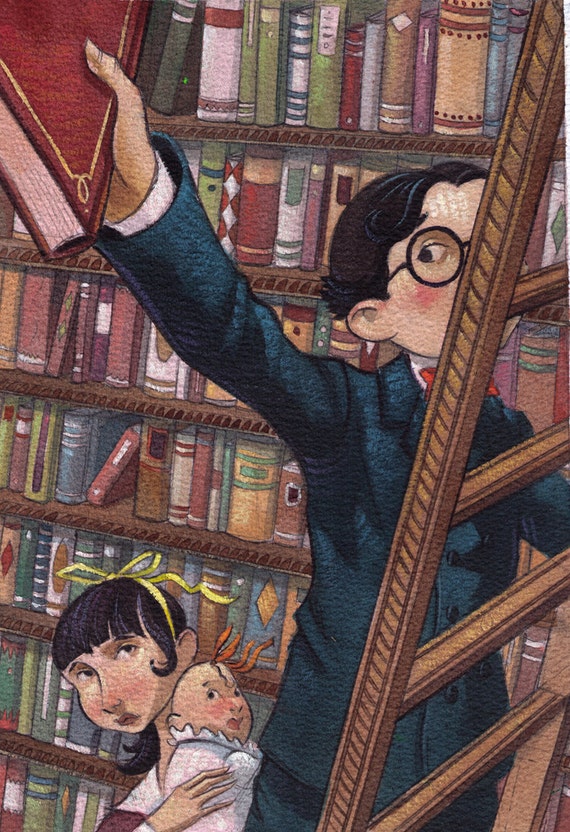In the Midst of Death We Are in Life
“He carried Hell with him, as we all did, like a little load on our backs that we hardly noticed most of the time, or like a huge great hump of suffering that bent us over with its weight.”
- John Marsden, Tomorrow, When the War Began
John Marsden's Tomorrow, When the War Began is considered modern classic and is taught in secondary schools all over the world. Considered a modern classic, the book (which is the first novel in the Tomorrow series) follows the lives of a group of Australian teenagers as they struggle not only with their rapid ascent into adulthood, but to respond to the surprise invasion and conquest of their country. Though written to be accessible to teenagers, Tomorrow, When the War Began discusses some very adult viewpoints and enables the series to be consumed and enjoyed by persons of all ages.
The best element of Marsden's work is the way in which he writes his characters. The main characters in the Tomorrow series are not your typical action heroes. Marsden favours characters that are believable perfectly ordinary people, who could be any one of us, who've found themselves in a nightmare situation. Their struggle to cope in a world gone mad forms the heart and soul of these novels. The structure and narrative draws in the reader, and it's all too easy to find yourself imagining being in their situation and wondering how you would cope.
Prominent themes throughout the book include the struggle with right and wrong, coping with loss, consequence, death and supporting one another.
“A few people would suffer, but a lot of people would be better off.'Written from the point of view of Ellie, the narrator, and therefore not covering anything that she has not observed, the book leaves large sections just sketched in for the reader to flesh out in their imagination. This enables the reader to become a participant in the story, creating their own image of what is going on around and with the characters.
'It's just not right,' said Kevin stubbornly.
'Maybe not. But neither's your way of looking at it. There doesn't have to be a right side and a wrong side. both sides can be right, or both sides can be wrong...”
The characters could be anyone of us, any group of young people in any western leaning country. They are people you can relate to. They are very human, very believable, very ordinary. When their lives are smashed apart they are forced to respond, change, grow and adapt. So by the end of the book every character has changed in a different way depending on how they cope with the situation. Throughout the story you find yourself immersed in their feelings, their uncertainty, their fears, their hopes, the drama of what they are experiencing. Ellie, Robyn, Fi, Homer, Chris, Corrie, Kevin and Lee can become real for the reader, and you can relate to them as you would real people. This is a common factor, I feel, in books that are successful in relating to a YA reader. The ability to relate to and understand a character plays an important role in the connection with young people and reading. It's can be an outlet for confusion, and is a reminder that there are all types of people in the world. With books you are never alone.
"Hell wasn't anything to do with a place, Hell was all to do with people. Maybe Hell was people."Essentially, Tomorrow, When the War Began isn't a novel about war, but about how eight very ordinary teenagers respond to war. Faced with a hellish situation, aspects of their personalities start to emerge. They begin to protect and support each other, and they start to grow. Those who have kept their heads convince the others not to panic and others are completely overwhelmed by what has happened. Once of the nice things about this novel is how fallible the characters are. They all have their problems, they all have trouble coping and the lead swaps around as each finds something to contribute. It's a story that greatly illustrates the importance of teamwork and supporting one another.
“We'll never feel safe again, and so it's bye-bye innocence. It's been nice knowing you, but you're gone now.”Tomorrow, When the War Began is an important novel for young readers because it manages to teach a lot of moral lessons, as well as some of the realities of our world in 300 pages of a thrilling adventure story. It highlights the importance of courage, and the heroism of ordinary people. Courage is one of the hardest of human virtues to characterise, it comes and goes, and depends on the situation and the person. Courage can run out and all people have their limits.
The book also asks some simple questions: Who are you? What do you believe in? What do you want to be? and What price are you willing to pay to achieve this? The characters give their answers and pay their price. Each of us in turn as we live our lives will have to give ours...though hopefully not in as dire circumstances! What John Marsden has created with the Tomorrow series is a collection of stories that in some way reflect all of our lives. In some way or another it reflects something of who we are.












0 comments: